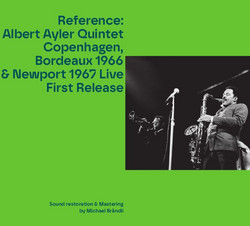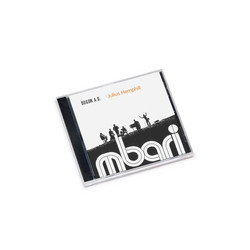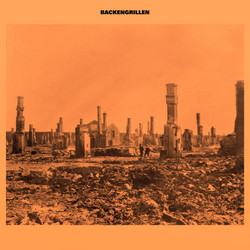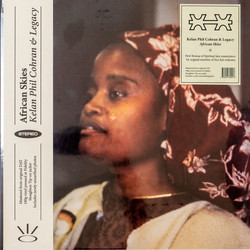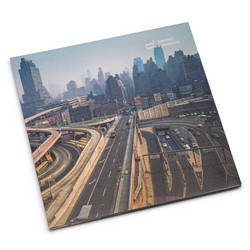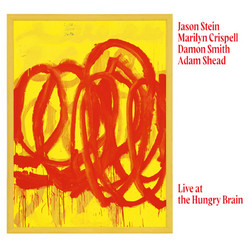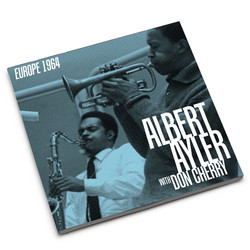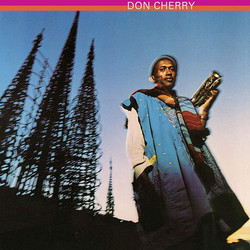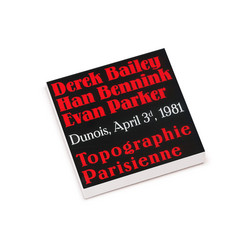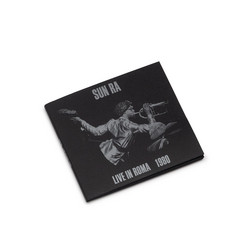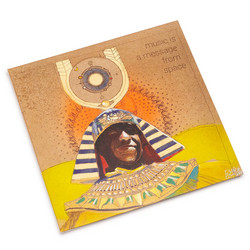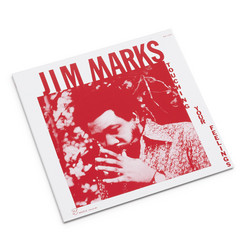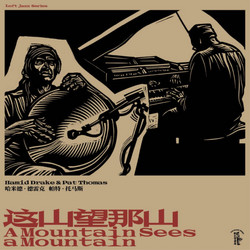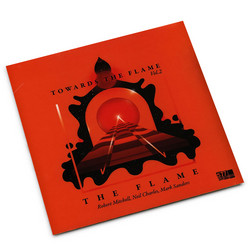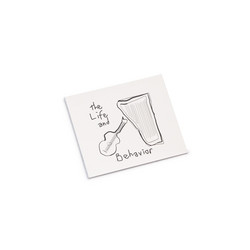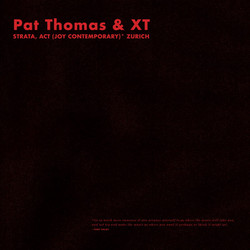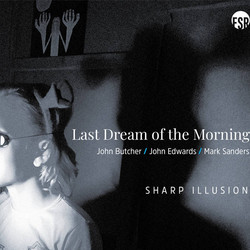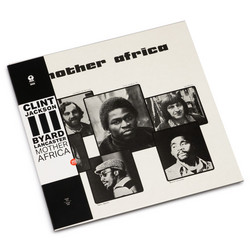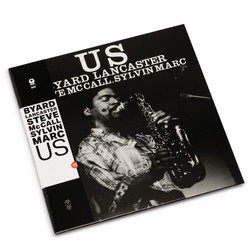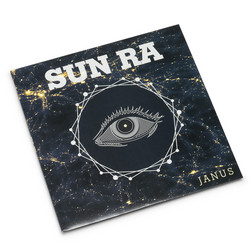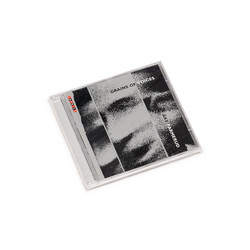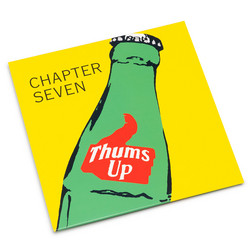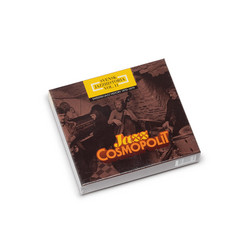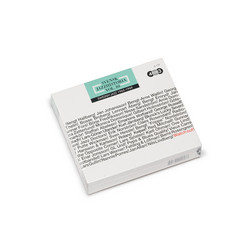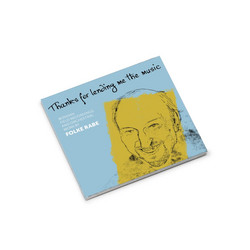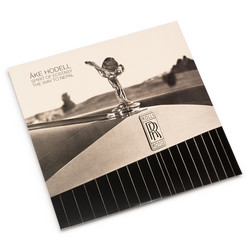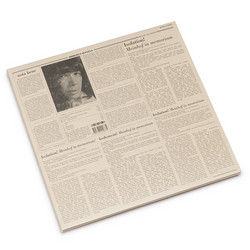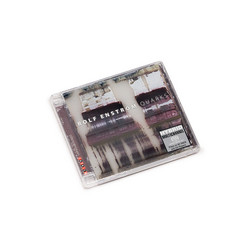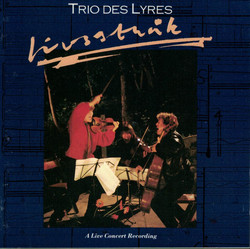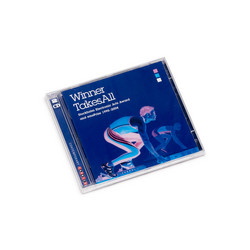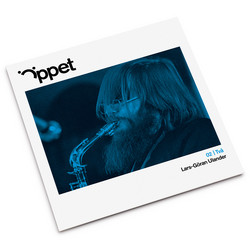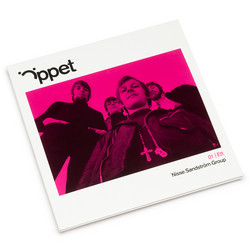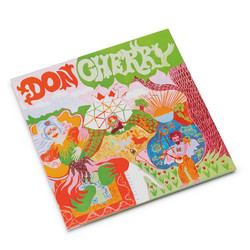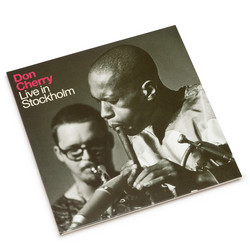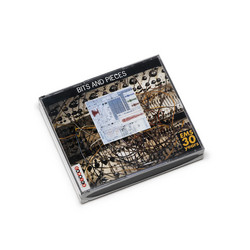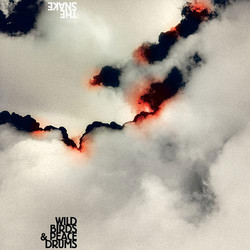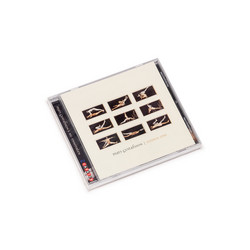Stellar Tip! In Sweden's late '60s creative explosion, when free jazz collided with folk traditions and experimental impulses ran wild, Roland Keijser and his quartet were creating something unprecedented. These lost recordings from Öppet Tre capture a pivotal moment when Swedish musicians were building bridges between American free jazz, minimal composition, and their own folk heritage—creating music that had never been heard before, anywhere. The Roland Keijser Kvartett existed in that magical space where jazz hadn't yet been institutionalized. Roland Keijser on tenor sax and clarinet, Torsten Eckerman splitting time between trumpet and piano, Staffan Sjöholm making his bass sing folk melodies and abstract poetry, Bosse Skoglund behind the kit—this was collective music-making at its most pure and revolutionary.
Under the Öppet series, Caprice Music is excavating these buried treasures with archaeological precision and true believers' passion. Working with Mats Gustafsson and archivist Roger Bergner, they're pulling these 1968-69 Stockholm sessions from Swedish vaults like musical archaeologists discovering lost civilizations. What made Keijser dangerous was his refusal to choose sides. While American free jazz was declaring war on melody and European improvisers got lost in intellectualism, this Swedish visionary wove folk melodies into abstract soundscapes like a musical shaman. You can hear Don Cherry's pocket trumpet bleeding into ancient Nordic scales, Albert Ayler's holy ghost saxophone speaking in tongues while traditional Swedish fiddle tunes dance around the edges.
The beautiful tragedy: in the ideological spirit of the age, releasing music on profit-making labels was considered selling out. These earth-shattering sessions got mothballed while the world spun on its boring axis. Gustafsson calls this era "a blind spot on the international music map"—while everyone watched Woodstock, the real revolution was happening in Swedish basements.
Thurston Moore calls this "creative radical jazz action presaging the Swedish golden age"—the missing link between Arbete och Fritid, Gunder Hägg, and G.L. Unit that explains how Sweden became a secret empire of experimental sound. More than half a century later, these recordings still sound like transmissions from the future. This is revolutionary music hiding in plain sight, waiting for ears brave enough to let it in.
